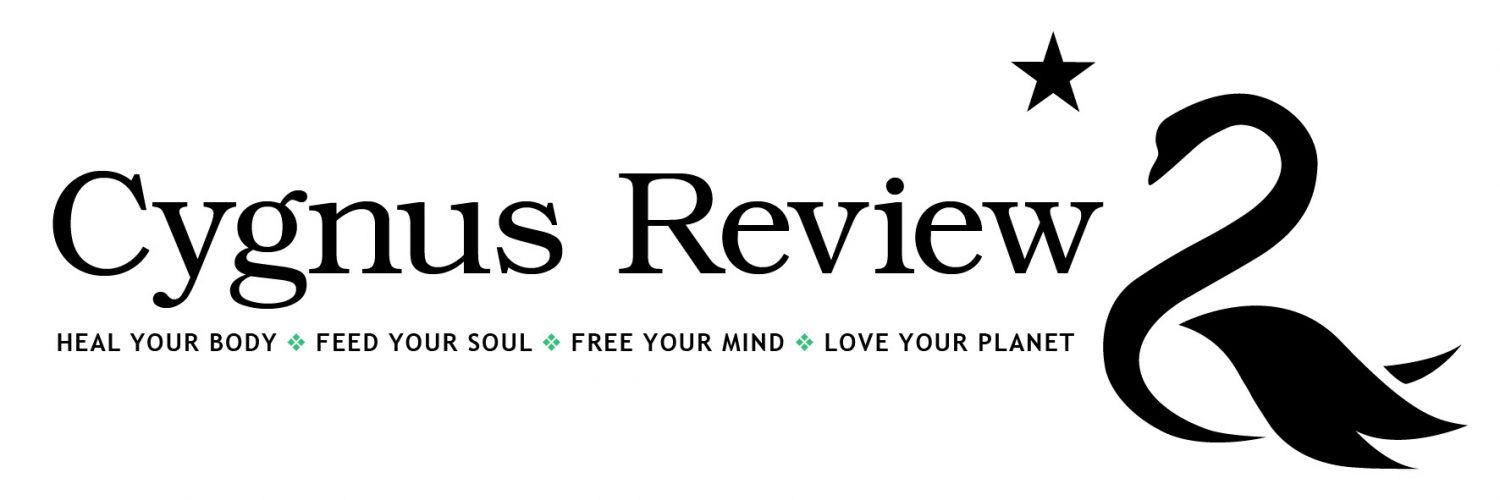
I have been a no dig vegetable grower for over ten years. A kind friend of ours gave us some recycled railway sleepers that had lined a slurry pit on a local farm. We used them to create a hexagonal pattern of six triangular raised beds with a further two triangles to the side with intersecting paths covered in wood chip. We filled the beds with a mixture of organic matter (manure), soil, compostable materials… anything we could get our hands on that would make a growing medium. Then we got growing.
The advantages of raised beds are many:
We find them easy to hand weed as they are designed so that I can reach the middle of the bed without stepping on it; we never walk on them so as not to compact the soil; it is easy to rotate crops on an annual cycle to help avoid disease; it is easier to keep them weed free as the sleepers and woodchip paths provide a barrier; they deter slugs and snails who have to cross first woodchip and then sleeper to raid the beds; drainage is better than conventional beds; they also have their own aesthetic, creating the feel of an ornamental kitchen garden.
Beneath the surface
Beside these advantages raised beds are no dig. We can regard soil as ‘dirt’, an inert substance that needs organic matter adding or fertilisers in order for us to grow crops. Nothing could be further from the truth. Healthy soil is full of microorganisms – bacteria, fungi and protozoa. The beneficial bacteria thrive on oxygen. Some fix nitrogen in the soil and others decompose plant matter and help the composting cycle, concentrating nutrients in their bodies, both creating fertility. The fungi create entire living webs. Some also break down plant matter whilst others establish mutually beneficial mycorrhizal relationships with plants, which allows the fungi to hold and transfer nutrients directly to plant roots. Then there are protozoa, tiny microorganisms that consume bacteria and release excess nutrients in soluble forms that can be utilized by plants. Protozoa also work with bacteria and fungi to build air passageways, letting oxygen, water, and roots move easily through the soil. At our feet is an entire world of living interconnection in the soil, creating fertility and adding growth.
When we dig we disturb these beneficial relationships. We open the soil and expose it to the heat of the sun in summer destroying beneficial microorganism. We break up the mycorrhizal strands and reduce the fertility of the soil and we also reduce the worm population. Worms make casts that are full of fertility by both processing organic matter through their gut and also by transferring nitrogen-fixing bacteria to the soil via their gut. All you have to do is manure a bed in autumn and they will take the organic matter, process it and leave their casts in the soil. They also aerate the ground with their burrows and this makes tiny channels, opening the soil for root growth and rainfall. All these factors means the gardener is working with nature rather than against her. Well maintained and spot weeded and hoed regularly when weeds are tiny means no dig is also a lot less work.
Charles Dowding is the master of no dig organic gardening. A market gardener who grows vegetables for a local veggie box system, he has been testing and refining his methods for years. In this book, he teaches us how to build raised beds, when to mulch, how to build soil fertility, what to grow, how to make compost, and how to sow seeds and raise plants… Then you can get your teeth into the details of different crops; salads, alliums, roots, brassicas, greenhouse tomatoes and veg, perennials, tree crops and soft fruit.
When I read a book like this I just want to get outside in all weathers and get gardening. There is nothing quite so satisfying as a well mulched, weed free raised bed area of the garden with alliums coming on over winter and little lines of seedlings beginning to emerge in the spring. We are doing all we can to eat from the garden for most of the year. It’s bliss.
© Maddy Harland is a writer and editor. She co-founded and edits Permaculture magazine – inspiration for sustainable living (www.permaculture.co.uk) and Permanent Publications
(www.permanentpublications.co.uk).

